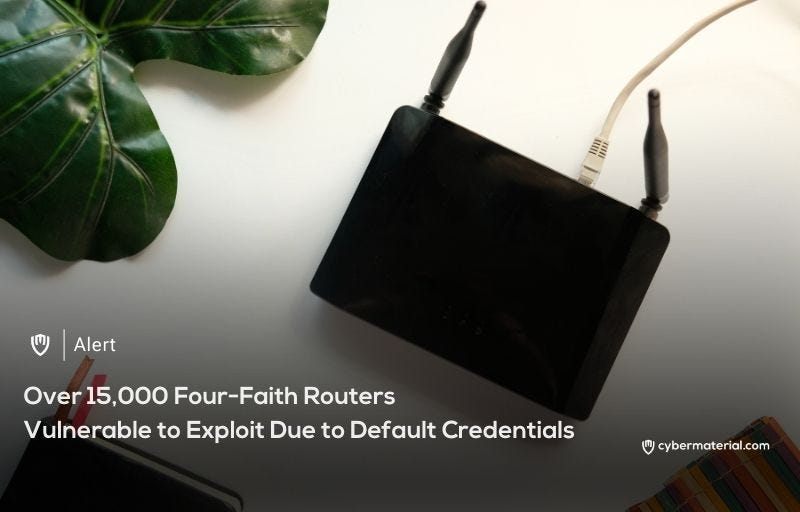
A critical vulnerability has been discovered in Four-Faith routers, affecting models F3x24 and F3x36, with over 15,000 internet-facing devices exposed. The flaw, tracked as CVE-2024-12856, is an oper…

A critical vulnerability has been discovered in Four-Faith routers, affecting models F3x24 and F3x36, with over 15,000 internet-facing devices exposed. The flaw, tracked as CVE-2024-12856, is an oper…